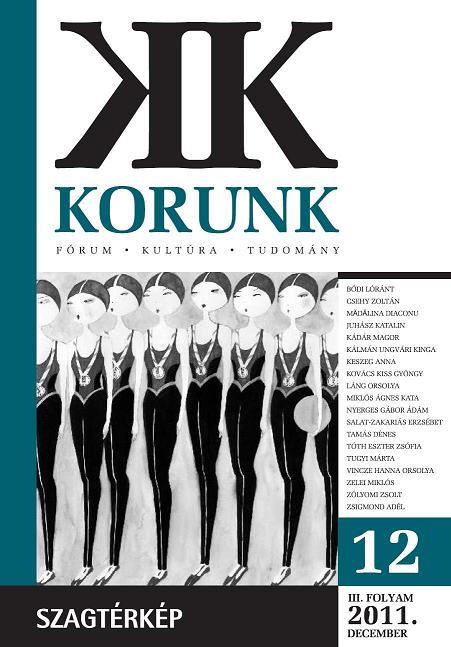Test - szag - tisztaság
Body – Odour – Cleanliness
Author(s): Katalin JuhászSubject(s): Anthropology
Published by: Korunk Baráti Társaság
Keywords: cultural studies; body; smell; marginalization; hygiene; body odour; social communication
Summary/Abstract: Every culture defines criteria of purity for itself, choosing what it sees as the perfect point between squalid and over-fastidious as between these two extremes. Mutual revulsions are often defined in purity categories between cultures because pollution generating efforts to be clean and bad smells accompanying them arouse repugnance. Perceptible differences between body odours are well suited to express and enforce social divisions not only between individual countries and peoples, but also within them. Bad smells were usually associated to groups of people marginalised in comparison with mainstream society because of their belonging to a nationality, gender, or a social class and so on. The quality of the body odour together with closely-related concepts of cleanliness plays an important role in social communication. Consequently, the smell is not only the biological and psychological experience, but also a social and cultural category, the same as the concept of cleanliness is. This essay contains a short cultural history of body odours and a review about changes in relationships between personal hygiene and fragrance from the beginning of the 20th century to our days, based mainly on Hungarian researches.
Journal: Korunk
- Issue Year: 2011
- Issue No: 12
- Page Range: 22-31
- Page Count: 12
- Language: Hungarian

